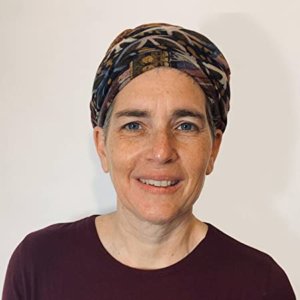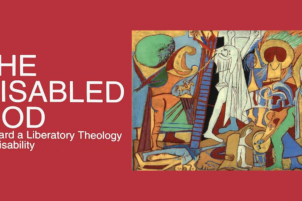I have a dream I would like to share with you. On second thought, it’s not actually a dream. It’s a vision that stems from a deep longing. I am a neurodivergent individual, a survivor of complex brain surgery. I am also a parent of children with neurodiversity – including autism, ADHD, auditory and sensory processing disorders, dyslexia, Irlen syndrome, and more.
Our family has spent many years struggling with non-inclusive or semi-inclusive educational settings and communities. It has been challenging. Despite this, I have tremendous faith that society can become more inclusive and welcoming through awareness and understanding.
My vision is of a society that celebrates everyone’s uniqueness. It’s a society where people realize that we are all divine individuals, each with a particular task to carry out in the world. Differences such as race, religion, physical and cognitive abilities, and socio-economic status are recognized and appreciated. Everyone understands that people have differing abilities, and they do their best to make the accommodations necessary to ensure equity and opportunity for all.
Does this sound utopian? Absolutely. But can we do something to make it more of a reality than it is today? I believe so; if we all do our best to listen and learn from each other and then make an effort to become as inclusive as possible. We must also provide necessary accommodations for people in need.
Clarifying the concept of “inclusion”
I would like to make an important clarification regarding the term “inclusion.” At present, there are many instances (particularly in school environments) when inclusion means giving someone “permission” to take part in a particular activity or event. More often than not, very little (if any) accommodations are provided to ensure that people who are “included” can actively participate, join in, or succeed. Many individuals who are “included” feel like observers from the sidelines rather than part of their school or community.
It is therefore critical to distinguish between “inclusion” and “belonging.” These are two very different things. To create a truly equitable society, we need to aim toward “belonging” and not simply “inclusion.”
The need for a shift in mindset
However, before addressing the practicalities of this concept, I think we need to step back and realize that society needs a shift in mindset. If people were to understand that every person is a divine individual with a mission to carry out, it would become evident that everyone must do their best to create an equitable environment where everyone feels they belong, are significant, and are appreciated. We would no longer feel we need to “include” people who are different from us. Instead, we would understand that we are all different – but nobody is lesser, and everyone has an important role to play.
Once there has been a mindset shift, community or school leaders should send members of the community and their families who need accommodations or assistance a clear message: “You are an integral part of our community, you belong here, and we want to do everything in our power to ensure you feel as comfortable and successful as possible. Please tell us what you need to ensure this happens.”
Reaching out in this manner will help generate much-needed conversations and create a welcoming and mutually appreciative environment. In addition, reading a book like “From Longing to Belonging” by Shelly Christensen can be extremely helpful. It presents readers with many practical tools to help create more welcoming, inclusive communities.
Another excellent way to help foster inclusion is if people with differing abilities cooperate on projects to benefit the community as a whole. Working together enables people to get to know each other and respect and appreciate each other’s unique abilities. Participants will learn that people who are disabled or different from them can actively contribute to the community to the best of their abilities. Positive and productive teamwork helps foster equality and equity while breaking down barriers and stigmas.
We must never give up trying
I realize that society has a long way to go before it becomes the utopia of my dreams. Despite this, I am confident that we can move in a more positive direction by shifting our mindsets and making necessary accommodations. With a bit of hard work, we can transition from being a simply “inclusive” society to one that appreciates and celebrates individual differences, and one where everyone feels they truly belong.
Jacki Edry is a graduate of Hampshire College and has an extensive background in education and writing. She has recently published her first book “Moving Forward: Reflections on Autism, Neurodiversity, Brain Surgery, and Faith” and launched a blog on her website jackisbooks.com. Jacki is dedicated to working toward building a more inclusive and equitable society and educational system.









Hi Jacky
I read your article on Linked In; I am impressed to read your article, and I agree with you.
I work hard in my community in Manchester to help parents, teachers and particular our dear children to feel they belong to the community.
As you say, it’s hard work but worth I am fighting for it.
Shabat Shalom